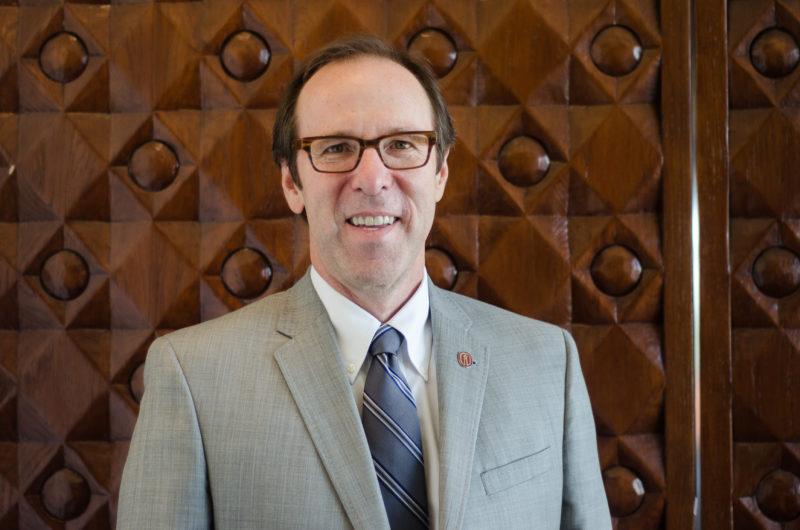February is Black History Month. Like colleges and universities across the country, Trinity University is marking this national observance with events and educational opportunities. The Trinity University Humanities Collective joined more than 60 schools around the country in a national day of crowd-sourced research to commemorate the birth of abolitionist Frederick Douglass this Feb. 14.
Members of Trinity’s Black Student Union (BSU) are sponsoring a number of events during the month, including a communications campaign called Hidden Black Figures that highlights the achievements of black Americans.
The newly created Diversity and Inclusion office, in collaboration with various student organizations, organized a private screening of the film “Black Panther” for about 130 Trinity community members. This screening offered an opportunity for our community to engage in dialogue about the representations of people of color, comic books and popular culture.
Two years ago, students organized Trinity’s first Kente Ceremony. This student-led initiative recognizes the achievements of our African-American students as they graduate. This spring students with the Trinity University Latino Association will host our first De Colores Ceremony to celebrate the achievements of our graduating Latino and Latina students.
I am proud to see what is emerging on the Trinity campus because of our students. I frequently use the words “curious, confident and catalysts” to describe characteristics you share. You are curious about our world and confident to have the conversations that will shine a light on topics that we must examine in order to live up to our values. And you are catalysts for change by making these conversations inclusive, overcoming the polarization we often find around us today.
At Trinity, we recognize diversity and embrace inclusion in order to build a stronger, more united campus community. Dee Jones, vice president for Academic Affairs, reminded our faculty: “Every teaching act contributes to a student’s ability to carve out a dignified life defined by respect for others — no matter their difference, perceived or real.”
Dee’s reminder that “every teaching act” contributes to our goals also applies to us as individuals. Every person on our campus has a role to play in making sure that Trinity University achieves the equitable and inclusive community to which we aspire.
It is not a responsibility solely of students of color to set the tone for our campus community. We all share the responsibility to create a community in which a dignified life is defined by respect for others. There is much work to be done, and I am inspired to see you leading the way.









